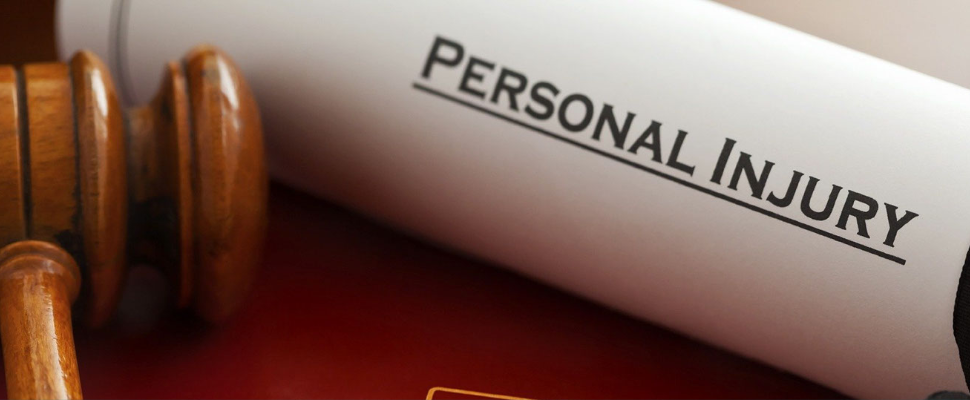
3 Types of Personal Injury Claims You Should Know About
When we think about slip and fall accidents, we often think about relatively minor incidents that ultimately didn’t harm anyone much. In the same sense, when we imagine accidents that occur on the road, we often describe them as tragic accidents. Yet the same consideration is certainly not given to medical malpractice. Somehow, it’s easier for people to understand the gravity of medical malpractice, and to realize that when a doctor makes a mistake, that mistake could actually be the result of reckless or careless behavior and the individual responsible must be held accountable. All of these types of incidents, however, fall under personal injury law.
A personal injury claim is essentially when an individual who has been injured in some way by another seeks compensation for their medical bills, days missed from work, or long-term trauma that was caused by the incident. While some accidents are completely unpreventable, others occur because another person was being careless, and this needs to be acknowledged. Yet it’s one thing to understand that your car accident was the fault of another person; it’s another thing to move forward with car accident claims, or for that matter a medical malpractice claim or a slip and fall claim. With that being said, let’s look into each of these scenarios.
1. Car Accidents
There are car accidents that are very cut and dry in that one person was obviously acting reckless, driving distractedly, or driving under the influence. Quite often, a settlement is reached fairly quickly in these cases. But the fact is that not all car accidents are as clear cut, and before you make car accident claims you need to make sure that you have a valid claim to make. If you were injured in a car accident and another driver was at fault, even if the incident was just a matter of them driving poorly in the moment, you can potentially seek compensation. For example, if you were rear-ended by another person, and this gave you a neck injury, you would potentially have grounds to pursue that claim. In car accident cases, the injury is really key. Quite often, police on the scene can make a determination about who was at fault rather quickly, and though this could be argued in court, being able to have the authorities testify on your behalf is greatly beneficial.
2. Slip and Fall Accidents
While the time to make car accident claims may be somewhat obvious, slip and fall accidents can be more difficult to determine at times, even though they make up about 25% of all personal injury claims over the fiscal year. If you’re in a public place, however, like a restaurant or a grocery store, the owners of those places are responsible for ensuring that they are safe. Therefore, if the floors have been left wet or uneven, or generally unsafe to walk upon, they need to either block off those areas or provide adequate warning signs around them. If they haven’t and you slip and fall, becoming injured, you may be able to make a claim. Of course, there is another element to these cases. The property owner or tenant must have had knowledge of the unsafe conditions. If your accident was the first thing to alert them to any issues, you may not have as strong a case on your hands.
3. Medical Malpractice
Generally speaking, incidents of medical malpractice may be clearer than those incidents mentioned above. But there is some murkiness to grapple with, as always. To pursue a medical malpractice claim, you must have had a doctor-patient relationship with the doctor in question; you also must be able to prove that the doctor was specifically negligent. It’s not enough for them to have made a mistake. Tragic incidents do happen when people are sick or injured. Negligence must be shown. This is ultimately key to proving that an injury was malpractice.
Pursuing any claims, whether they’re car accident claims or malpractice claims, is intimidating. But it’s important to ensure that your rights are defended.